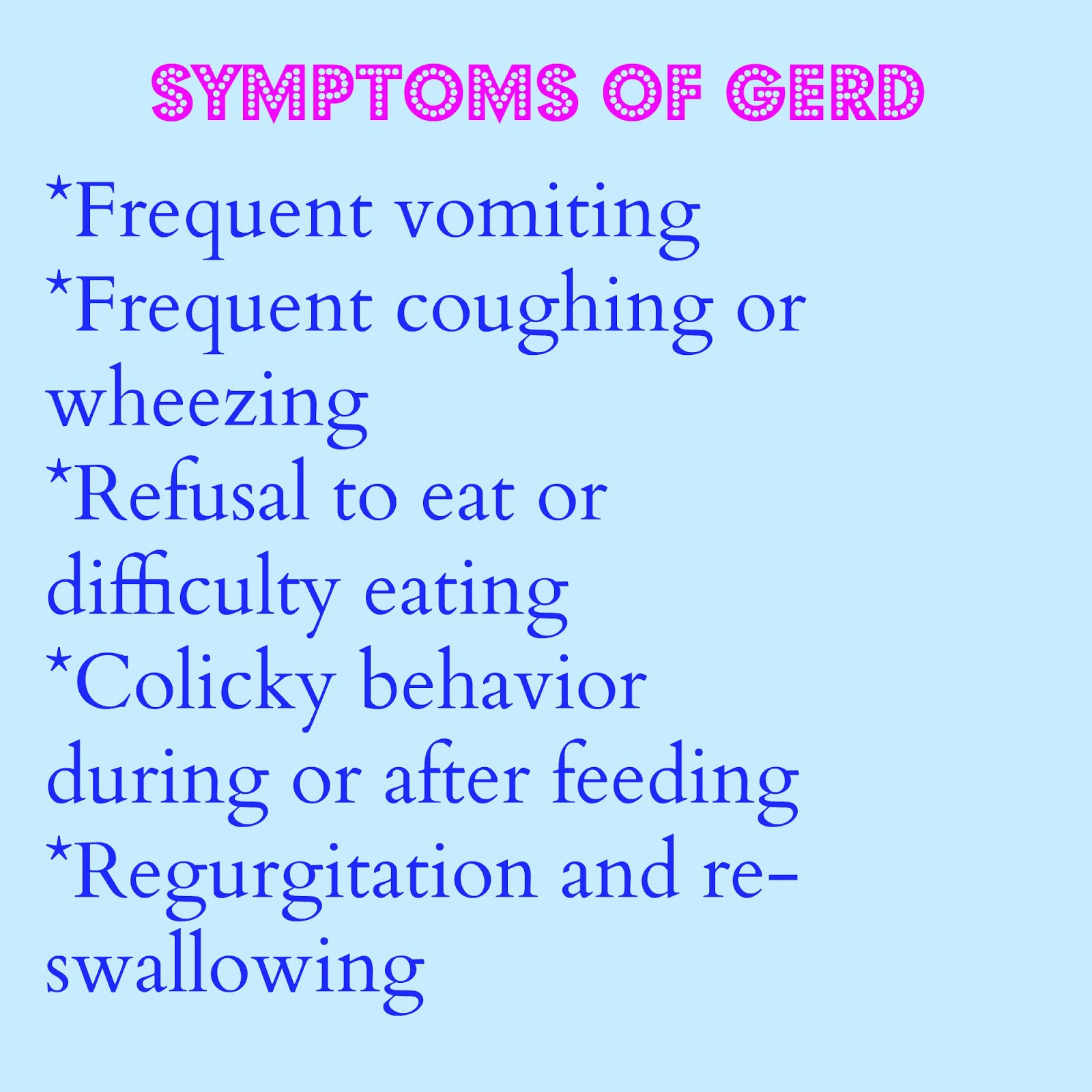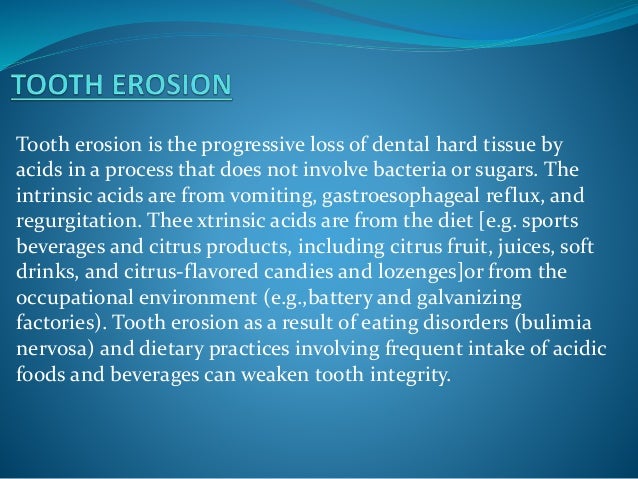Gerd occurs when stomach acid backs up into the esophagus during or after a meal and causes pain or other symptoms the esophagus is the tube that connects the mouth to the stomach. Gastroesophageal reflux in toddlers. Older children occasionally have reflux, too they may have had it since they were babies and not been bothered by it, or they may have spontaneously developed it later but when reflux causes complications, such as poor weight gain, it's called gastroesophageal reflux disease (gerd) and requires medical treatment.
gastroesophageal reflux in toddlers
Gerd, or gastroesophageal reflux disease, is a long-term (chronic) digestive disorder it happens when stomach contents flow back up (reflux) into the food pipe (esophagus) gerd is a more serious and long-lasting form of gastroesophageal reflux (ger) ger is common in babies under 2 years old most. In children who have reflux and gerd, this muscle becomes weak or relaxes when it shouldn't, and the stomach contents flow back into the esophagus. this can happen because of a hiatal hernia , a condition in which the upper part of your stomach pushes upward into your chest through an opening in your diaphragm. Gerd in toddlers can cause inflammation of the throat and upper airway, leading to symptoms such as a persistent cough or hoarse voice. some children may also exhibit wheezing or stridor -- a high-pitched, noisy breathing sound. in severe cases, the baby teeth of toddlers with gerd may begin to erode due to frequent exposure to stomach acid..


0 comments:
Post a Comment